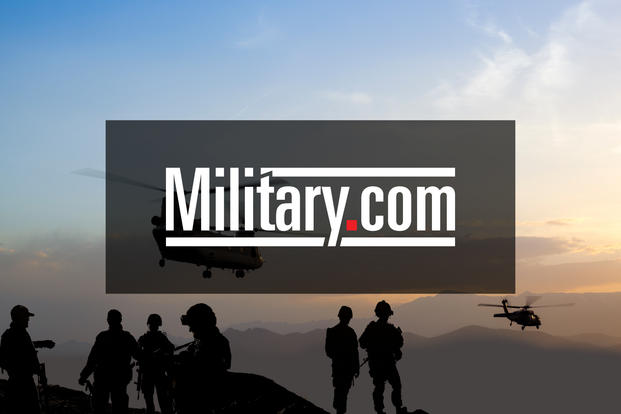President Donald Trump and his top defense and diplomatic teams met at Camp David Friday to hash out a new strategy for Afghanistan but no decisions emerged from the meeting.
Trump returned to his Bedminster, N.J., golf club after the session without making an announcement. The White House said in a statement that Trump "was briefed extensively by his national security team on a new strategy to protect America's interests in South Asia."
"The President is studying and considering his options and will make an announcement to the American people, to our allies and partners, and to the world at the appropriate time," the statement said.
Working off an executive order issued by Trump in February, Defense Secretary Jim Mattis had been devising a plan that he expected to deliver in mid-July, but the timeline has been thrown off by Trump's demands for revisions.
At the White House on July 18, Trump said, "I want to find out why we've been there for 17 years."
Mattis has also had to consider a plan by Erik Prince, the founder of the Blackwater security firm, to create an "American viceroy" for Afghanistan and to privatize much of the war effort through the use of mercenaries.
The Prince plan was presented to Mattis last month by chief White House strategist Steven Bannon, who was fired Friday by Trump.
On Thursday, Mattis told reporters, "We will move this toward a decision" on Afghanistan at the presidential retreat at Camp David in rural Maryland. "We are coming very close to a decision and I anticipate it in the very near future," the secretary said.
Mattis reportedly had been leaning toward the request made in February by Army Gen. John Nicholson, commander of U.S Forces-Afghanistan and the NATO Resolute Support mission, for an additional 3,000-5,000 troops to bolster the 8,400 already on the ground in counter-terrorism operations and the train, advise and assist role with Afghan security forces.
Mattis has also said he was looking to expand the use of air power and focus on a more regional approach to counter the Taliban through more cooperation with Pakistan.
Mattis was said to have the backing of Secretary of State Rex Tillerson and Army Lt. Gen. H.R. McMaster, the White House National Security Adviser, but Trump appeared to be holding out for a revised plan.
Trump has disclosed little about his intentions. In a Tweet Friday morning, the president said, "Heading to Camp David for major meeting on National Security, the Border and the Military (which we are rapidly building to strongest ever)."
Those attending the meeting in addition to Trump and Mattis included Tillerson, McMaster, Joint Chiefs Chairman Gen. Joseph Dunford, Vice President Mike Pence, CIA Director Mike Pompeo, and United Nations Ambassador Nikki Haley.
Also attending were retired Marine general and White House Chief of Staff John Kelly, Attorney General Jeff Sessions and Air Force Gen. Paul Selva, the Vice Chairman of the Joint Chiefs of Staff.
Last week, Sen. John McCain, R-Ariz, chairman of the Senate Armed Services Committee, said in frustration that he was preparing his own Afghan strategy to be presented to Congress in the absence of an administration plan.
McCain charged that the U.S. was "adrift in Afghanistan. We are losing in Afghanistan, and time is of the essence if we intend to turn the tide."
-- Richard Sisk can be reached at Richard.Sisk@Military.com.




























